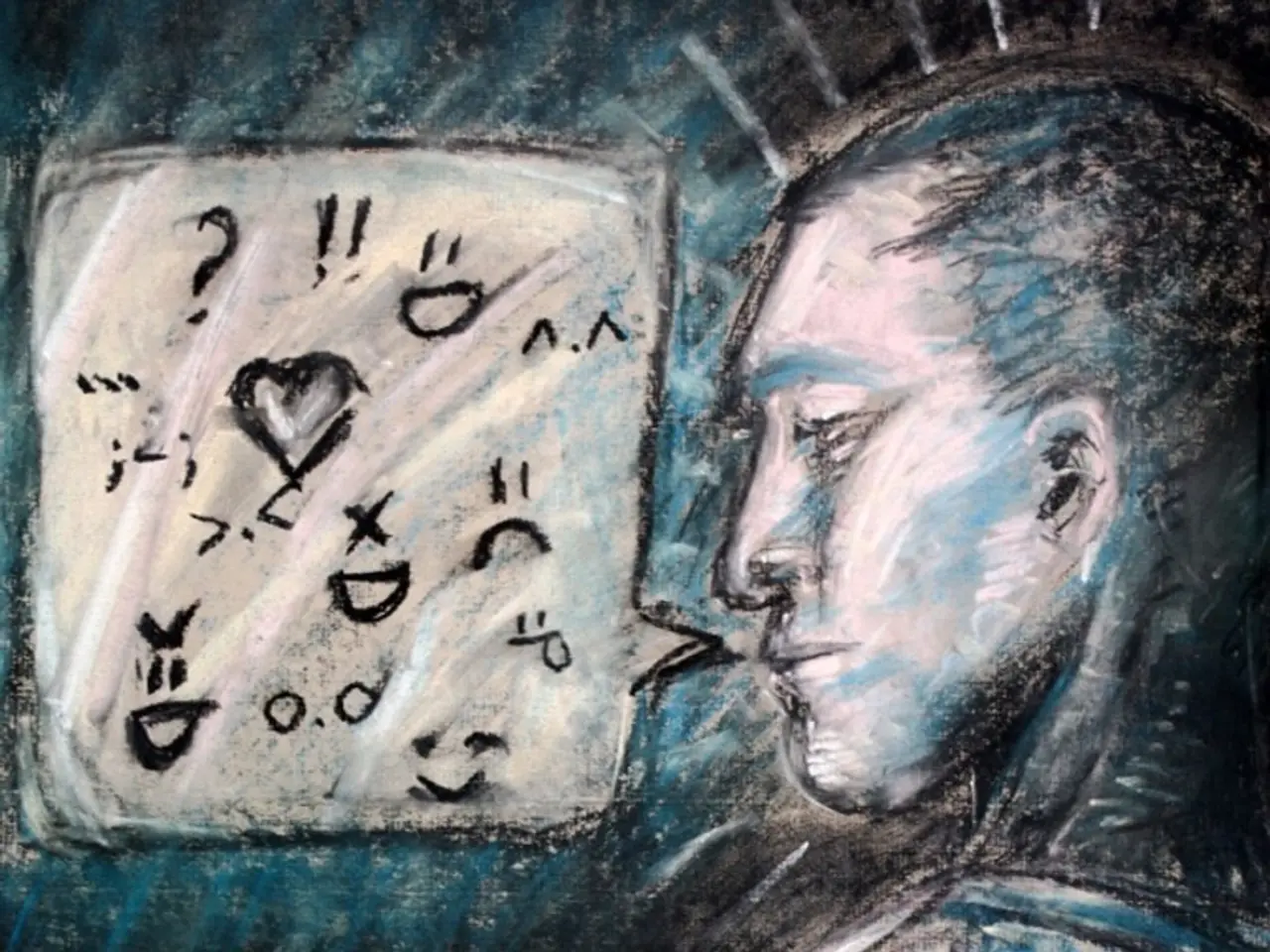AITutor's Strength Lies in Differing from a Chatbot
In the School of Computing and Augmented Intelligence at Arizona State University, Professor Ryan Meuth and his team have developed an AI tutor designed to support computer science students in their learning journey. This innovative tool, designed to offer personalized, adaptive learning assistance, is making significant strides in enhancing computer science education.
- Personalized Feedback and Guidance
The AI tutor analyses students' code submissions and learning patterns, providing tailored hints and explanations that address individual misunderstandings and common errors in programming. This personalized support helps students grasp complex concepts more effectively compared to traditional, one-size-fits-all tutoring.
- Improved Engagement and Motivation
By providing timely and relevant feedback, the AI tutor fosters greater student engagement. Many students report feeling more motivated to continue practicing coding tasks when they receive immediate, constructive responses.
- Scalability of Support
The AI system enables scalable tutoring, offering each student access to prompt assistance without overwhelming human instructors. This is especially beneficial in large introductory computer science courses where personalized instructor attention is limited.
- Positive Learning Outcomes
Early evaluations demonstrate improvements in students' problem-solving skills, coding accuracy, and conceptual understanding when using the AI tutor. Students tend to perform better on assignments and exams, suggesting that the AI tool enhances their learning trajectory.
- Continuous Improvement Through Data
The system leverages ongoing student interaction data to refine its feedback mechanisms and better adapt to the evolving needs of learners.
Initially, the pilot study of 150 students found that the AI tutor was not particularly effective. However, through feedback and refinement, Meuth and his team have made significant improvements. A second cohort of 350 students, who began using the AI tutor this fall, are using it ten times as frequently.
- Partnership with Wiley
Meuth and Arizona State University have partnered with Wiley to create a computer science AI tutor for students using Wiley's zyBooks coding lab. This collaboration aims to further enhance the learning experience for computer science students.
- Control Group Study
Meuth and Wiley are conducting a control group study to evaluate the best use of the AI tutor. The study will compare the academic achievement and self-efficacy of students who use the tutor with those who do not. Meuth is dedicated to using the AI tutor with students in a thoughtful way backed by research to prevent over-reliance on help.
It's important to note that the AI tutor is not a chatbot in the style of ChatGPT, and its interface is not an open-text field to prevent students from tricking it into giving away the answers. Instead, it is designed to help students find answers rather than providing them directly. The AI tutor has been adjusted to provide hints that are actionable but not the answers.
This approach to computer science education is helping address challenges in traditional instruction and contributes to improved student performance and engagement. As the AI tutor continues to evolve, it promises to play a significant role in the future of computer science education, particularly for online students in condensed courses.
- The AI tutor developed by Professor Ryan Meuth and his team at Arizona State University offers personalized, adaptive learning assistance to computer science students, approaching complex concepts with tailored hints and explanations based on student code submissions and learning patterns.
- Technology like the AI tutor fosters greater student motivation by providing timely, relevant feedback, encouraging students to continue practicing coding tasks and improve their problem-solving skills, coding accuracy, and conceptual understanding.
- With the assistance of AI systems, like the one developed at ASU, scalable tutoring becomes possible, allowing for prompt assistance to each student without overburdening human instructors, especially in large introductory computer science courses.
- Combining an AI tutor with educational resources from partners like Wiley can lead to positive learning outcomes and improved student self-efficacy, as demonstrated in a control group study comparing the academic achievement of students who use the tutor with those who do not.
- Research-driven implementation of AI tools, such as the AI tutor, plays a vital role in addressing challenges in traditional instruction and enhancing student performance and engagement, particularly in online and condensed computer science courses.
- It's essential to ensure that AI tools, like the AI tutor, are designed to help students find answers rather than provide them directly to prevent students from attempting to trick the system into giving away the answers.
- As the AI tutor continues to evolve through continuous improvement based on student interaction data, it promises a significant role in shaping the future of computer science education and improving digital learning experiences for students worldwide.




